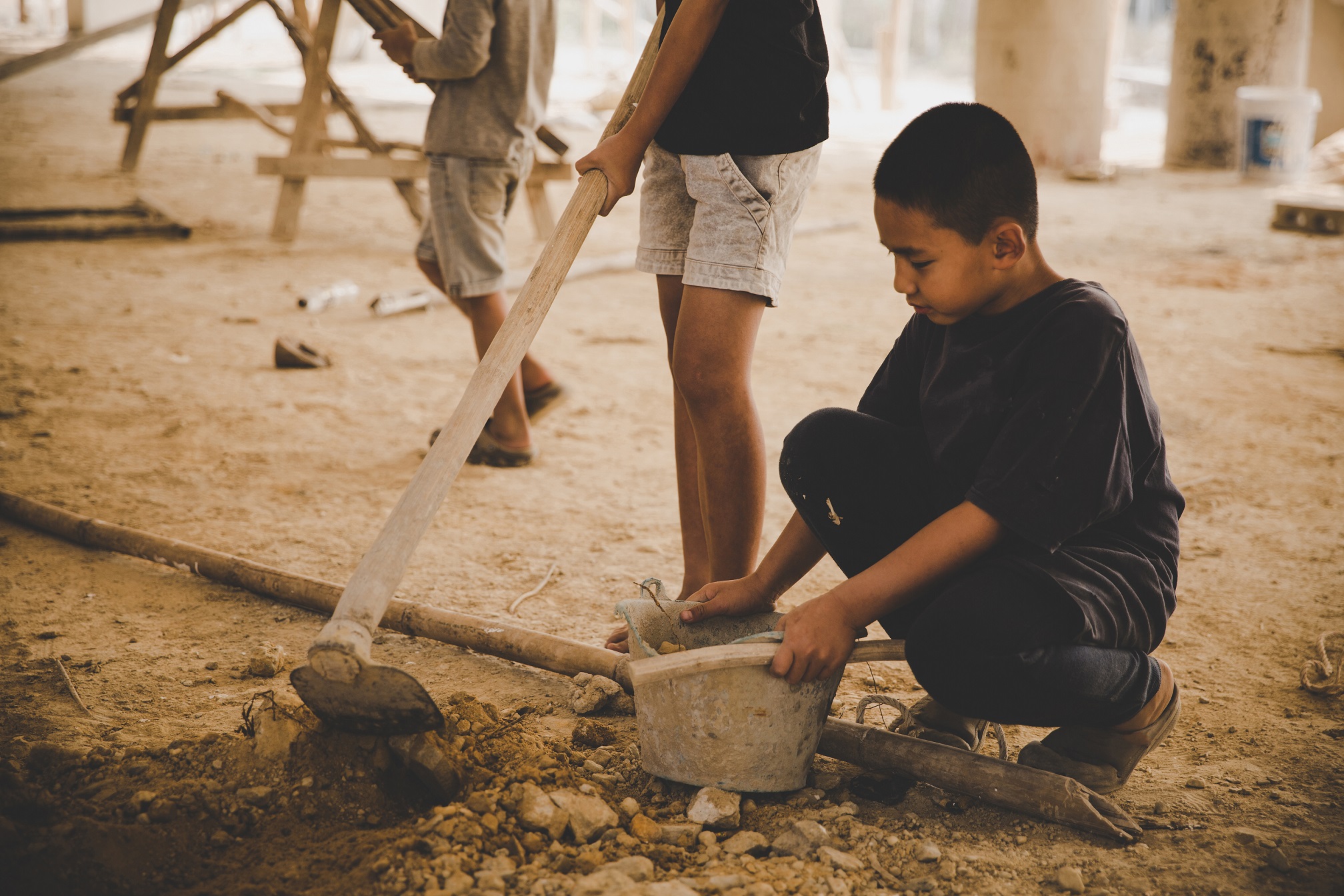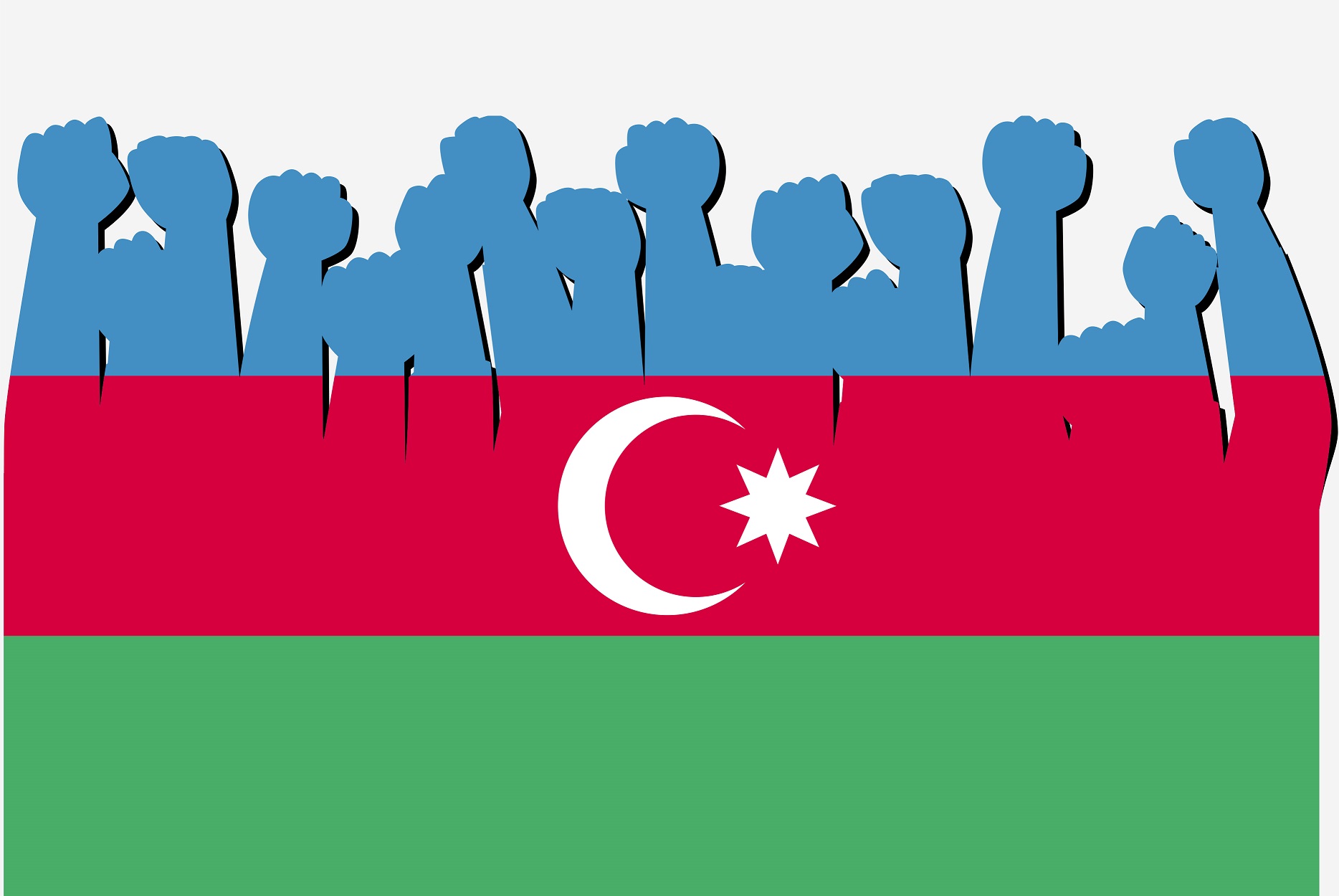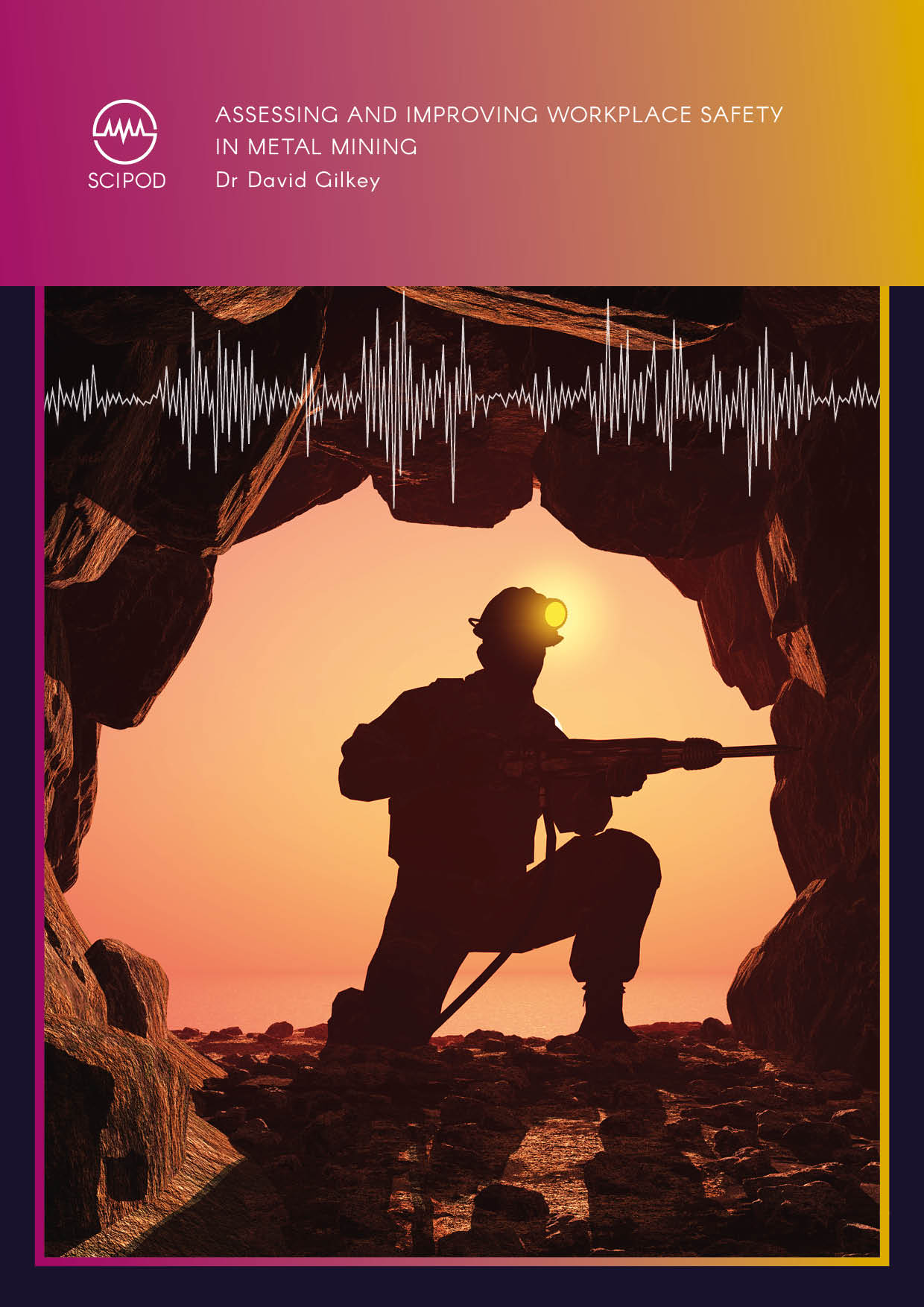Social and Behavioural
Explore Social and Behavioural

Professor Alberto Posso | Exploring the Neglected Psychological Consequences of Child Labour
Child labour is a major social problem that contributes to poor physical health and lower educational achievement. A collaborative research team from Australia, India and the Netherlands conducted a large-scale study of children in rural areas of India. The team’s research confirms the hugely negative mental health impacts of child labour, and opens up important implications for policy, practice and future research.

Professor Victor de Munck | Exploring Different Courtship Styles from an Anthropological Perspective
Like other animals, humans have unique ways of approaching a potential mate and securing their affections. The goal of these ‘wooing’ processes is generally to establish a long-term romantic relationship with the person of interest. Victor de Munck, a Professor of Anthropology at Vilnius University, recently carried out a fascinating study exploring the most common patterns of courtship observed in the United States today, and the cultural influences underpinning these patterns.

Understanding Women’s Sexual Pain from a Psychodynamic Standpoint
Sexual pain, often referred to as vaginismus and dyspareunia, can be a debilitating condition that prevents many women from having penetrative sexual intercourse. While many studies have investigated this disorder, its psychological underpinnings are not yet fully understood. Dr Thula Koops, Christian Wiessner, Professor Johannes Ehrenthal, and Professor Peer Briken at the University Medical Center Hamburg-Eppendorf recently explored some of the psychological dimensions of women’s sexual pain. They conducted this research from the standpoint of psychodynamics, which involves exploring links to childhood experiences and unconscious thoughts and feelings.

Dr Thula Koops – Professor Peer Briken | Real Life Stories: What Causes Sexual Pain Amongst Women?
Limited research has explored the causes of sexual pain and difficulties with intercourse that are experienced by women across the world. Dr Thula Koops and Professor Peer Briken at the University Medical Center Hamburg-Eppendorf have spoken to women experiencing these difficulties and listened to their real stories and thoughts on the origins of their sexual difficulties. Based on these interviews, two main themes emerged. The first links these difficulties to perceived implications of womanhood, while the second focuses on the separation between body and mind in relation to the cause.

Dr Ruth McNair | Lesbian, Gay and Bisexual Homelessness in Australia: Risk and Resilience Factors
There is a strong link between identifying as lesbian, gay or bisexual (LGB) and homelessness. Dr Ruth McNair from the University of Melbourne analysed data investigating risk and resilience factors associated with homelessness according to sexual identity in the Australian population to understand the associations with homelessness and to improve LGB-inclusive homelessness policy and services.

Dr Veronica Marconi | Exploring Views About Which Migrants Deserve Anti-Trafficking Assistance in Tuscany, Italy
Human trafficking is defined as the recruitment and coercion of individuals into labour or other activities that entail their exploitation. While victims of human trafficking can be led to engage in any type of labour or criminal activity, most anti-trafficking efforts primarily focus on people who are exploited in sex work. Dr Veronica Marconi of Oregon State University recently carried out a study aimed at better understanding how anti-trafficking organisations in the Italian region of Tuscany determine which migrants are deserving of their assistance.

Dr Audrey L. Altstadt – Exploring the Tortuous History of Two Political Prisoners in Azerbaijan
Human rights defenders Leyla and Arif Yunus played a crucial role in Azerbaijan’s politics and modern history. After being sentenced to 8.5 years in jail by the Azerbaijani government and being released due to health issues, Leyla and Arif Yunus shared the suffering and torture they endured as regime opponents and political prisoners in a book entitled The Price of Freedom. Dr Audrey L. Altstadt, a Professor of History at the University of Massachusetts Amherst, recently published a short article outlining the dynamics underlying the arrest of the two political activists and the struggle described in their book.

Professor Ariane Lambert-Mogiliansky | Quantum Persuasion: Can Targeted Distractions Change Our Viewpoints?
How our mind frames information, processes it and makes decisions is an active field of research in psychology, neurosciences and behavioural sciences. Recent research aims to quantify our cognitive processes by mapping them to mathematical theories. Professor Ariane Lambert-Mogiliansky’s work at the Paris School of Economics looks at how we can link cognitive processes, such as learning and decision-making, to the mathematics of quantum mechanics. She establishes and tests a quantum version of the persuasion problem, looking at how much one can alter a person’s cognitive state and orient their decisions through the smart use of questions and information. This research follows the steps of Niels Bohr, founding father of Quantum Mechanics, who wrote about essential similarities between Quantum Mechanics and the functioning of the mind.

Dr Kristiina A. Vogt | Dr Samantha De Abreu | Dr Maria Blancas – Indigenous Holistic Storytelling to Teach Environmental Science
Western approaches to environmental science typically focus on existing and future issues, such as climate change, and technological solutions to these issues. While these frameworks have their value, they often set aside holistic perspectives on land management, coexistence with nature, and ecosystem preservation. Dr Kristiina A. Vogt, Dr Samantha De Abreu and Dr Maria Blancas at the University of Washington are exploring the potential of holistic storytelling practices common among Indigenous communities to teach environmental science in more effective ways.

Professor Avril Horne – Dr Andrew John | Re-evaluating How We Assess and Manage Rivers in Response to Climate Change
Understanding and successfully managing river flows is vital for sustaining human communities, the river environment, and its ecosystems. However, the methods currently used to assess river flow needs are limited in the face of increasing pressures from an uncertain and changing climate. Academics at the University of Melbourne are rethinking the approach to these assessments. This includes work by Professor Avril Horne, Dr Andrew John and their collaborators to present a more integrated and holistic method, which provides much-needed room for learning over time, and to understand the vulnerability, robustness, and adaptability of river flow regimes.

Dr Markku Lehtonen | Understanding Trust, Mistrust, and Distrust in the Nuclear Sector
Is more trust always better? It is widely known that trust and confidence are fundamental in high-risk industries, such as nuclear energy and radioactive waste management. While public trust is definitely essential for policymaking, the upsides of mistrust and distrust are often overlooked by practitioners and social science researchers. This was recently examined in a special issue of the Journal of Risk Research, where a series of articles highlighted the ways in which mistrust and distrust can play a constructive role in the nuclear sector.

Dr David Gilkey | Assessing and Improving Workplace Safety in Metal Mining
Mining is a particularly hazardous industry, with miners often experiencing health problems, injuries and psychological issues. Dr David Gilkey, an Associate Professor of Safety, Health & Industrial Hygiene at Montana Technological University, has recently carried out a case study specifically investigating workplace safety climate in a metal mine in Montana. The study also assessed the effectiveness of a short training program to improve the metal mining company’s workplace safety leadership.
Increase The Impact Of Your Research!
Explore partnership opportunities
Unwind without the hassle. Enjoy fresh audiobooks, delivered free!
